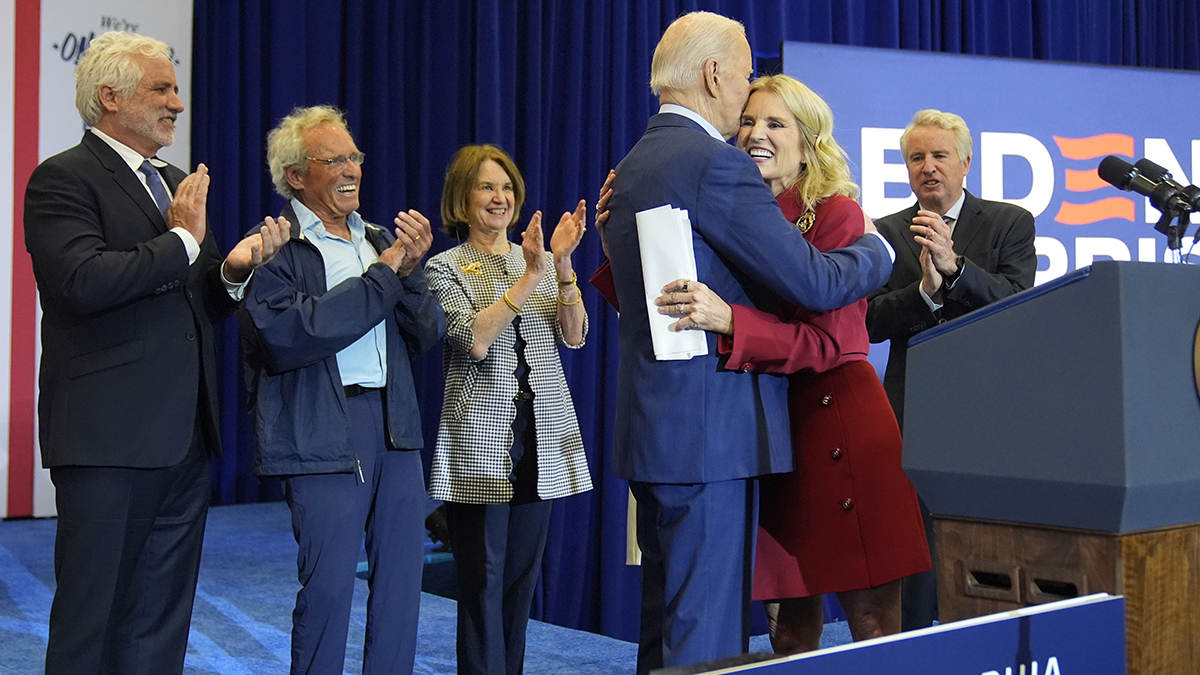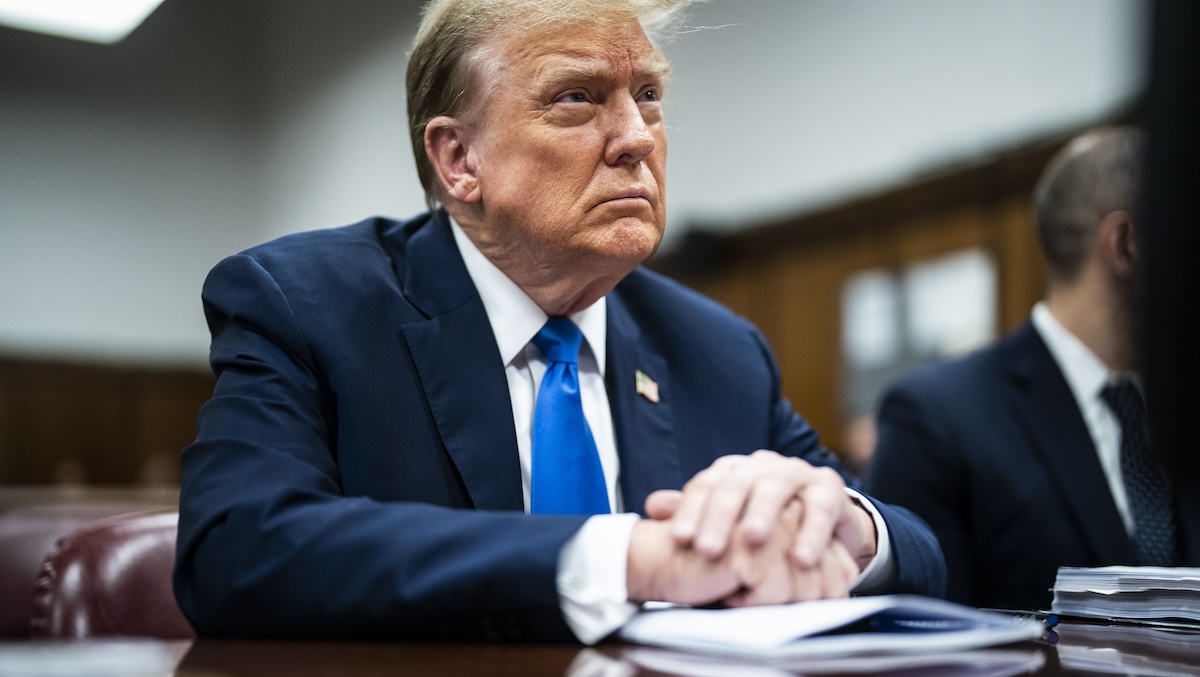A judge has cleared the way for Lt. Gov. Michael Fedele to spend more than $2 million in public campaign funds in his Republican bid for governor.
Hartford Superior Court Judge Julia Aurigemma on Tuesday denied a request by his political opponents to for a temporary injunction to keep him from spending the money.
You can read the full ruling here.
Tom Foley, the GOP's endorsed candidate for governor, had argued Fedele and his running mate illegally double-counted contributions needed to qualify for the public funds. Election officials already have approved the funding, but Fedele had agreed not to spend it without the judge's approval.
A decision by a federal appeals court Tuesday throwing out part of the state's public financing law could further complicate the funding question.
Politics
A judge has cleared the way for Lt. Gov. Michael Fedele to spend more than $2 million in public campaign funds in his Republican bid for governor.
Hartford Superior Court Judge Julia Aurigemma on Tuesday denied a request by his political opponents to for a temporary injunction to keep him from spending the money.
Tom Foley, the GOP's endorsed candidate for governor, had argued Fedele and his running mate illegally double-counted contributions needed to qualify for the public funds. Election officials already have approved the funding, but Fedele had agreed not to spend it without the judge's approval.
Chris Cooper, communications director for Fedele’s campaign, called the suit "frivolous” and claimed it was “intended to obstruct an honest debate on the issues, and disenfranchise the small-dollar contributions of nearly 3,000 ordinary citizens.”
The opinion released on Tuesday says that Fedele and Boughton are entitled to the Citizens Election Program funds, that they cannot raise any private funds now and that granting and injunction would “cause great harm to those defendants.”
A decision by a federal appeals court Tuesday throwing out part of the state's public financing law could further complicate the funding question.
The court upheld the state’s campaign funding law, but threw out parts of it. The court ruled that minor party candidates should be required to meet a higher threshold for fundraising in order to qualify for public funds. It struck down a ban on donations by lobbyists, but upheld a ban on contributions by state contractors.
The appeals court also agreed the state should not be required to give extra public funding to a candidate running against a wealthy, privately funded opponent, saying that would infringe on the wealthy candidate's free speech rights.
Attorney General Richard Blumenthal said a U.S. District Court judge will determine whether the campaign funding law decision renders the campaign financing law unconstitutional.
Blumenthal said publicly financed campaigns can continue to operate pending the judge's ruling without previous prohibitions against lobbyist contributions. Public finance payments already made to candidates remain valid and may be retained and spent, Blumenthal said.



